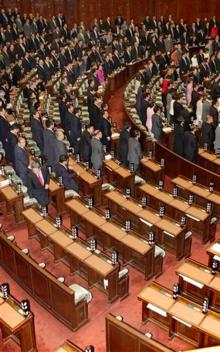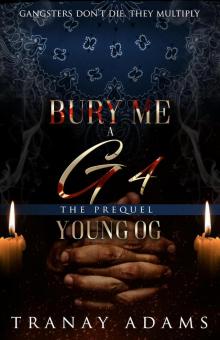The Changing representations of the Nanking massacre: its impact on historical truth


Author: Greg Mclellan
Category: Other2
Published: 2011
Series:
View: 213
Read OnlineThe writings of soldiers and eyewitnesses of the 1937 Nanking massacre, along with post-war deniers and participants of Japan’s modern academic movement depicts the progressive and dualistic nature of Japanese society. This paper demonstrates the struggle for an accurate representation of the past that results from the socially and politically conflicted post-war Japanese state.The post-war fifty-four year reign of Japan’s Liberal Democratic Party demonstrated the conservative attitude of its political structures and reluctance to relinquish its traditional Bushido hierarchy. The traditionalist behaviour exhibited during Japan’s imperial expansion was later manifested in their political and social establishments. This resulted in the publication and promotion of imperial sympathisers and deniers, preventing the accurate portrayal of Japan’s history.Despite the pressure from political and cultural leaders, Japan’s liberal academic institutions promoted the construction of a truthful portrayal of Japanese history. This social progression contributed to the formation of the Democratic Party of Japan in 1998. DPJ President Katsuya Okada promoted the need for progress, commenting on Japan’s state being “worsened by historical issues and the problem of history textbooks”It was the concept of a state divided by its cultural past and progressive future that caught my fascination and resulted in the historiographical investigation focusing on the relationship between the changing portrayal of imperialism and the attainment of historical truth. Focusing on the 1937 occupation of Nanking, it is evidently a historical event swathed in political corruption and societal self-interest. This short investigation has been divided into three major phases: the initial pride of civil and political Japan, the denial of post-war polemical authors, and the liberation of Japan’s history through privatized academia. This paper is dependent on the accounts of historians and individuals who vary in context, perspective and motivation. Despite the conflicting opinions, modern anachronisms have been omitted as all depictions of Japan’s imperial attitude are portrayed as intended. By selecting the writings of soldiers and eyewitnesses, post-war deniers and participants of Japan’s modern academic movement, this paper depicts the progressive and dualistic nature of Japanese society. Therefore, the investigation demonstrates the struggle for an accurate representation of the past that results from the socially and politically conflicted Japanese state.
 Home Sweet Home
Home Sweet Home Bury Me a G 4
Bury Me a G 4 Brian
Brian Rutting Season
Rutting Season A Crown of Flames
A Crown of Flames Saved by the Dark
Saved by the Dark The Secret Coin (Accessory to Magic Book 3)
The Secret Coin (Accessory to Magic Book 3) Battle- Earth
Battle- Earth